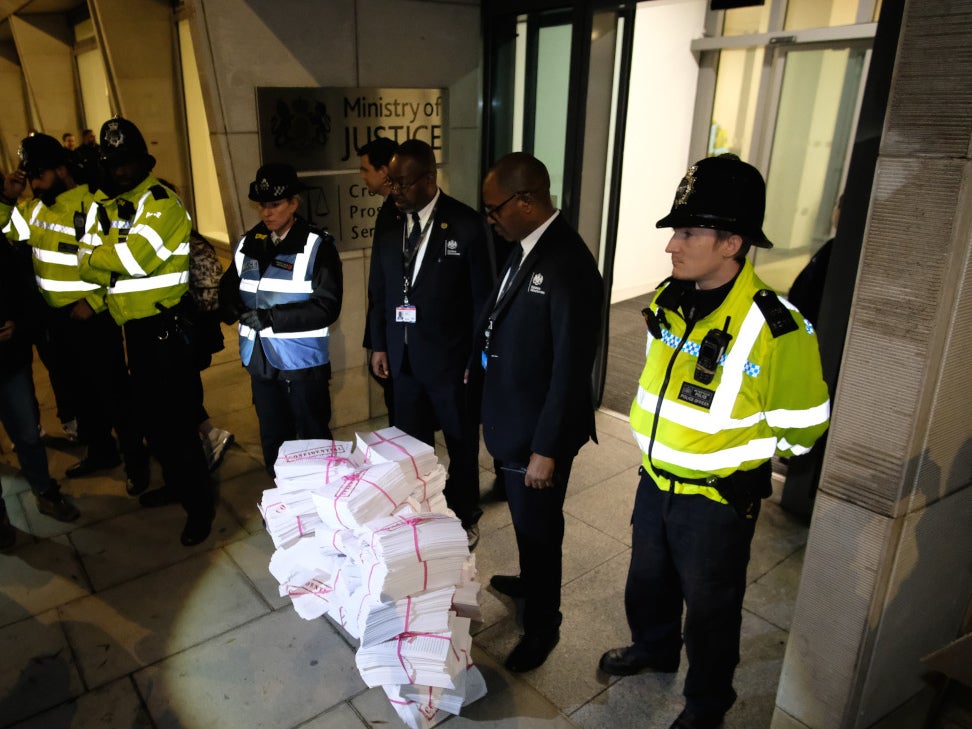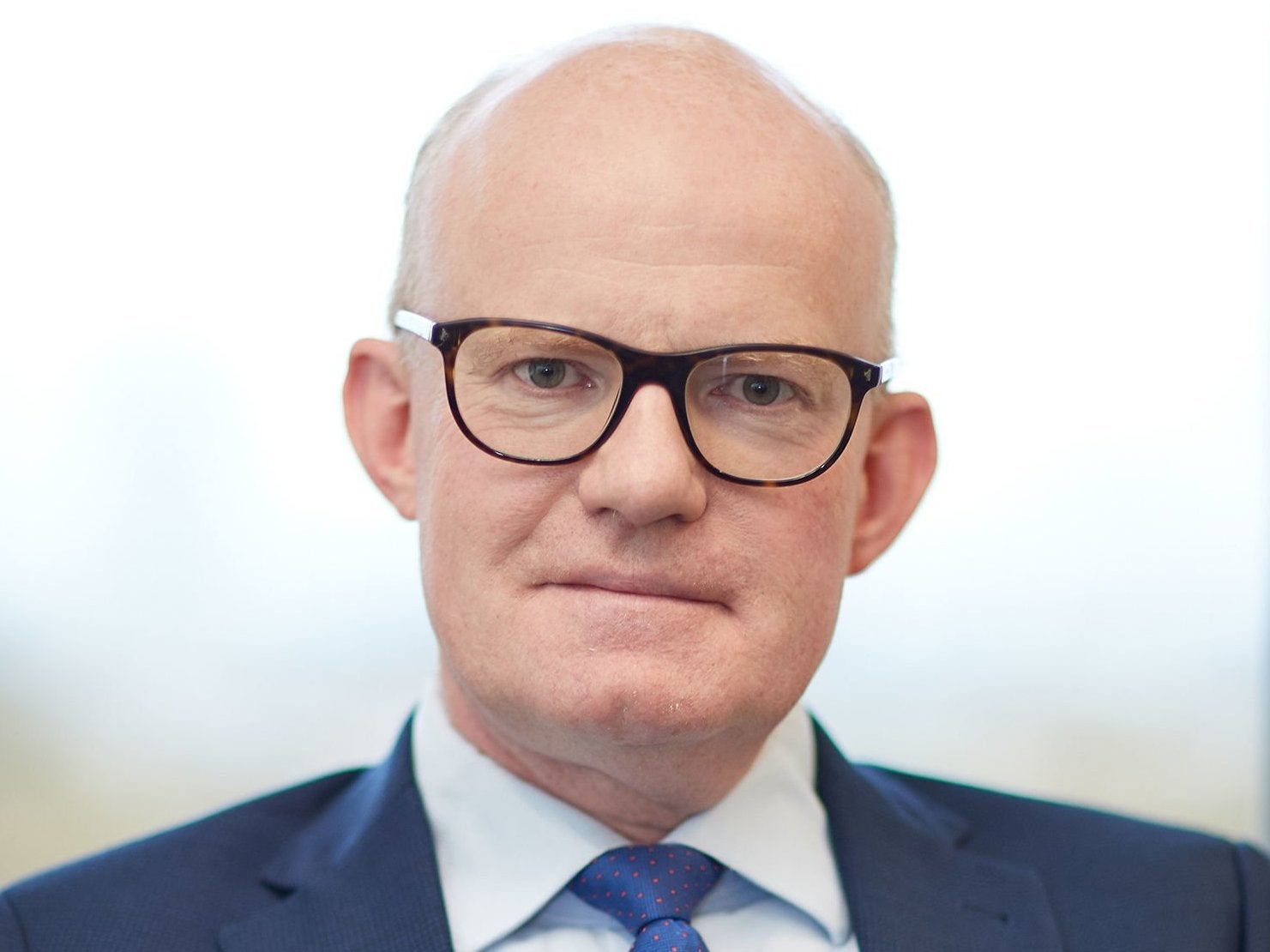Rape victims need answers over plummeting prosecutions as authorities trade blame
Analysis: As the Crown Prosecution Service and police blame each other, campaigners say rape has been ‘decriminalised’, Lizzie Dearden writes

The number of reported rapes being prosecuted in England and Wales has fallen so low that campaigners claim the crime has been “decriminalised”.
Last year, only 1.5 per cent of almost 55,300 rapes recorded by police were charged – a lower proportion than any other type of crime.
The figure has plummeted in the past four years, but the reasons remain shrouded in mystery as different arms of the criminal justice system trade blame.
A coalition of women’s groups accuse the Crown Prosecution Service (CPS) of changing its policy on charging decisions from 2016 onwards.
On Tuesday, they released a dossier of evidence, including complainants’s testimonies and allegations from a whistleblower who claims to have attended training sessions where prosecutors were told to drop “weak” cases.
But the CPS denies changing its policies or practice, and the High Court has refused permission for a legal challenge based on the claims to go ahead.
Prosecutors insist they continue to apply the same test for all crimes, which states that offences may only be prosecuted if there is a “realistic prospect of conviction”.
In December, a watchdog found that the code was being applied correctly in 98 per cent of the rape cases inspected.
Instead, the CPS has turned blame onto the police, saying that fewer cases are being referred to them for charging decisions.
But police have accused prosecutors of “raising the bar” for evidence needed to take cases to court.
A scandal over a series of rape cases that collapsed over newly discovered messages and photos in 2017 sparked a renewed focus on digital evidence.
It has become routine for police to demand a full download of rape complainants’s mobile phones in order for an investigation to proceed, despite warnings that the practice may be unlawful.

If victims agree, the devices may take more than a year to analyse because of outdated technology and budget cuts.
During that delay, complainants may decide to drop out of cases because of the stress caused and victims’s advocates have long called for improved support and communication to keep complainants engaged in the justice system.
Dame Vera Baird, the victims’s commissioner for England and Wales, said there were serious questions about how a “catastrophic fall in prosecutions” could happen while official bodies deny any change in how they work.
“The collapse in rape prosecutions is of overwhelming public importance,” she added.
“This downward spiral is leaving thousands unprotected and has given rise to the strong argument that rape has now been decriminalised.”
In March 2019, the government announced an end-to-end review of how rape cases are handled through the criminal justice system.
At the time, the Home Office said it aimed “to ensure that victims have the confidence that if they report their crimes, action will be taken”.
But more than a year later no date for its publication has been given, and victims do not have that confidence.
They will hope that when the review is finally published, it will end the cycle of blame and provide answers.